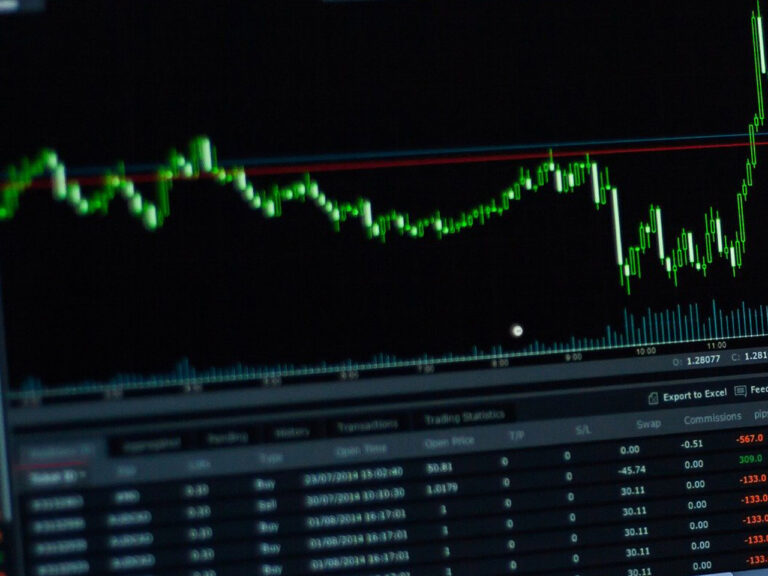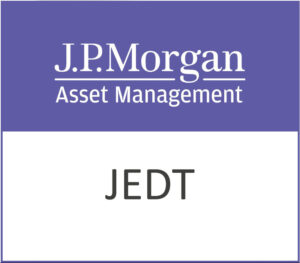Best Buy Co., Inc. (NYSE: BBY), a prominent player in the specialty retail sector, is at a pivotal point for investors. With a market capitalization of $14.12 billion, the company operates across the U.S., Canada, and internationally, offering a wide range of technology products and solutions. As the consumer cyclical sector faces evolving challenges, Best Buy presents a compelling case for investors looking to capitalize on its current valuation and future growth prospects.
Currently trading at $66.68, Best Buy’s stock price reflects a modest decline of 0.01% from the previous day. Over the past year, the stock has experienced significant volatility, with its 52-week range spanning from $56.17 to an impressive $103.30. This volatility signals both risk and opportunity for investors keen to navigate the fluctuations inherent in the consumer electronics retail industry.
Despite the absence of a trailing price-to-earnings (P/E) ratio, the forward P/E at 9.82 suggests that the market holds a cautious yet optimistic view of Best Buy’s earnings potential. Investors should note the company’s robust return on equity (ROE) of 31.63%, indicating efficient management and a strong capacity to generate profits from shareholder equity.
However, revenue growth has recently contracted by 4.80%, a factor that underscores the challenges posed by shifting consumer preferences and a competitive retail landscape. Despite these hurdles, Best Buy’s substantial free cash flow of approximately $1.46 billion provides a solid foundation for maintaining its operations and funding growth initiatives.
Dividend-focused investors will find Best Buy’s attractive yield of 5.70% noteworthy, although the high payout ratio of 87.85% suggests that the company returns much of its earnings to shareholders. This strategy may limit reinvestment in business expansion but presents an appealing income stream for long-term holders.
Analyst sentiment surrounding Best Buy reveals a mixed landscape. With 11 buy ratings, 17 hold ratings, and a single sell rating, the consensus inclines towards a cautious optimism. The average target price of $88.07 implies a significant 32.08% upside from the current trading level, offering potential gains for investors willing to weather the short-term market uncertainties.
From a technical standpoint, Best Buy’s 50-day moving average sits at $70.96, contrasted by a 200-day moving average of $85.28. The current Relative Strength Index (RSI) of 47.75 points to a neutral market sentiment, neither overbought nor oversold. Meanwhile, the MACD at -0.68 and a signal line of -1.67 suggest bearish momentum, hinting at potential further declines in the near term.
Best Buy’s diverse product offerings and services, including computing devices, mobile phones, home appliances, and technical support services through brands like Geek Squad and Best Buy Health, position the company to leverage multiple revenue streams. Yet, the evolving retail environment demands agility and innovation to stay ahead of the curve.
For investors, Best Buy represents a confluence of opportunity and risk. The stock’s current undervaluation, coupled with substantial potential upside, might tempt those seeking growth. However, prudent evaluation of market trends and company performance remains crucial to navigating the challenges inherent in the specialty retail sector.








































